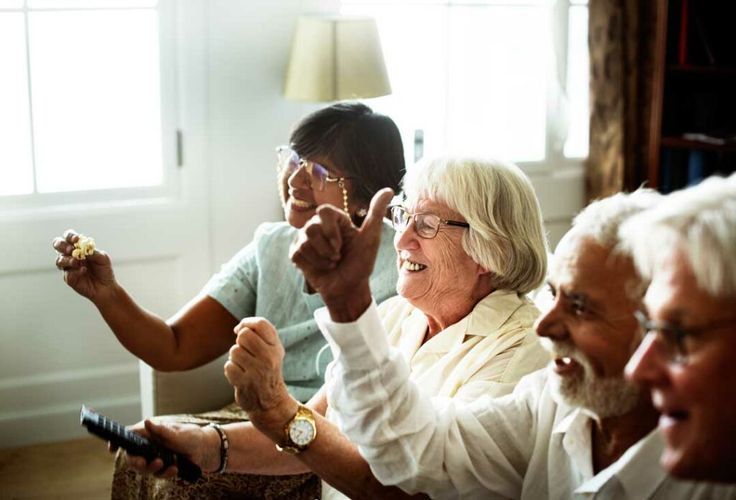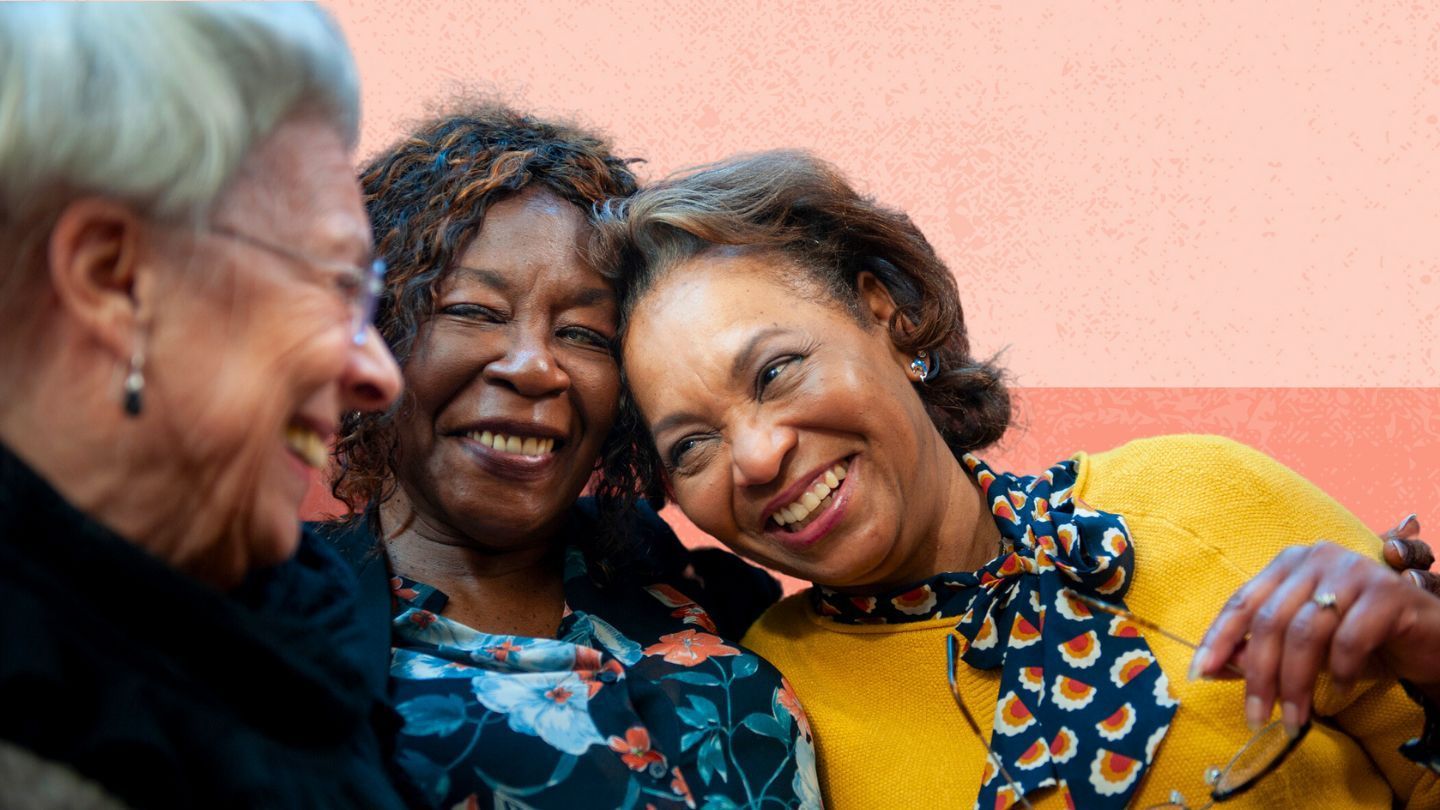The Vital Contributions of Seniors in Modern Society
The Vital Contributions of Seniors in Modern Society

In contemporary society, the role of seniors is often understated yet profoundly impactful. As we progress technologically and culturally, it's essential to recognize and appreciate the myriad ways in which seniors contribute to our communities. Their influence extends far beyond the traditional stereotypes, embodying a source of strength, knowledge, and continuity that enriches our collective experience.
A Lifelong Repository of Knowledge
Seniors represent an irreplaceable repository of knowledge and history. Having lived through significant societal changes, they possess a unique perspective that bridges the past and present. Their firsthand accounts of historical events and personal experiences offer invaluable lessons that textbooks and digital resources simply cannot replicate. Engaging with seniors provides younger generations with a deeper understanding of our world and encourages a more informed and empathetic society.
Educational and Emotional Mentorship
Beyond historical knowledge, seniors serve as mentors in various aspects of life. Their accumulated wisdom is a treasure trove for younger individuals navigating the complexities of personal and professional growth. From career advice and financial planning to emotional support and relationship guidance, seniors offer a wealth of insights that stem from decades of lived experience. This mentorship fosters intergenerational bonds and promotes a culture of mutual respect and learning.
Cultural and Familial Anchors
Seniors often act as the cultural and familial anchors within their communities. They uphold and transmit traditions, customs, and values that define our cultural identity. Whether through storytelling, participation in cultural practices, or simple acts of sharing family history, seniors ensure that our heritage remains vibrant and relevant. Their role in maintaining cultural continuity is vital in a world that is increasingly globalized and fast-paced.
Active Contributors to Society
Contrary to the stereotype of seniors as passive members of society, many are actively engaged in community service, volunteer work, and advocacy. Their involvement in social and civic activities enhances community cohesion and addresses critical societal needs. By volunteering in schools, hospitals, and various nonprofit organizations, seniors provide invaluable services that benefit all members of society. Their commitment to giving back exemplifies the spirit of altruism and civic duty.
Promoting Health and Well-Being
Seniors also contribute to societal well-being through their emphasis on health and longevity. Many seniors adopt and promote healthy lifestyles, serving as role models for physical fitness and mental wellness. Their experiences with healthcare systems and personal health journeys offer practical advice and inspiration for maintaining a balanced and healthy life. Additionally, the wisdom of seniors can guide public health policies and practices, ensuring that they are inclusive and effective for all age groups.
Conclusion
The role of seniors in our society is multifaceted and invaluable. They are keepers of knowledge, mentors, cultural custodians, active community members, and promoters of health and well-being. Recognizing and honoring these contributions not only enriches our communities but also fosters a more inclusive, respectful, and interconnected society. As we move forward, let us celebrate the vital role of seniors and ensure that their voices and experiences continue to shape our collective future.









